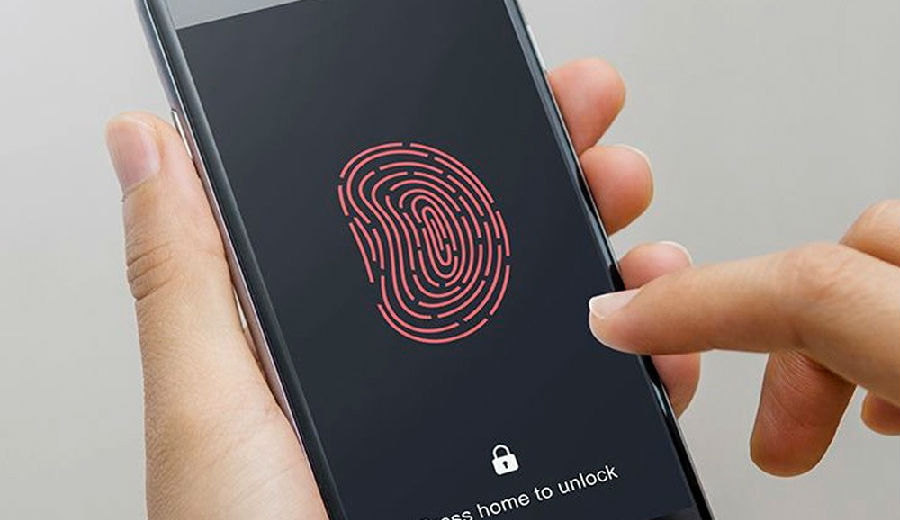Artificial fingerprints have been developed by researchers who say they could one day be used to hack into everyday devices.
研究人员于日前开发出了人造指纹,并称其未来将可被用来解锁日常设备。
Researchers from New York University and Michigan State University successfully generated what they call "DeepMasterPrints".
纽约大学和密歇根州立大学的研究人员成功开发出了“深度学习指纹”。
These are machine-learning methods that act as a kind of "masterkey" which, the researchers claim, have the potential to unlock about one in three fingerprint-protected smartphones.
研究人员称,这种基于机器学习的算法相当于一把“万能钥匙”,有潜力解锁约1/3的受指纹保护的智能手机。

"Phones and many more devices don't capture your entire fingerprint," researchers told CNBC over the phone. "There's not enough space on the device, so they capture a partial fingerprint -- which is not as secure as the full image."
研究人员在接受消费者新闻与商业频道电话采访时表示:“手机和许多其它设备并没有捕捉到你的全部指纹信息。因为设备存储空间有限,它们只是捕捉了部分指纹,其安全性不如完整图像。”
Many developers were already making fingerprint scanners more secure by moving sensors from devices' buttons to screens, allowing them to pick up higher resolution images.
许多开发者已经开始通过将感应器从设备的按键转移到屏幕,让其采集到精度更高的图像,从而使指纹扫描的安全性更高。
"Some smartphones have the sensors on the side buttons, which are very thin -- they're convenient but less secure," the researchers said. "Their sensors only register a quarter or so of the fingerprint's features."
研究人员表示:“一些智能手机的侧边按钮上有非常薄的感应器,这虽然很方便,但不太安全。它们的感应器只记录了指纹特征的四分之一左右。”












